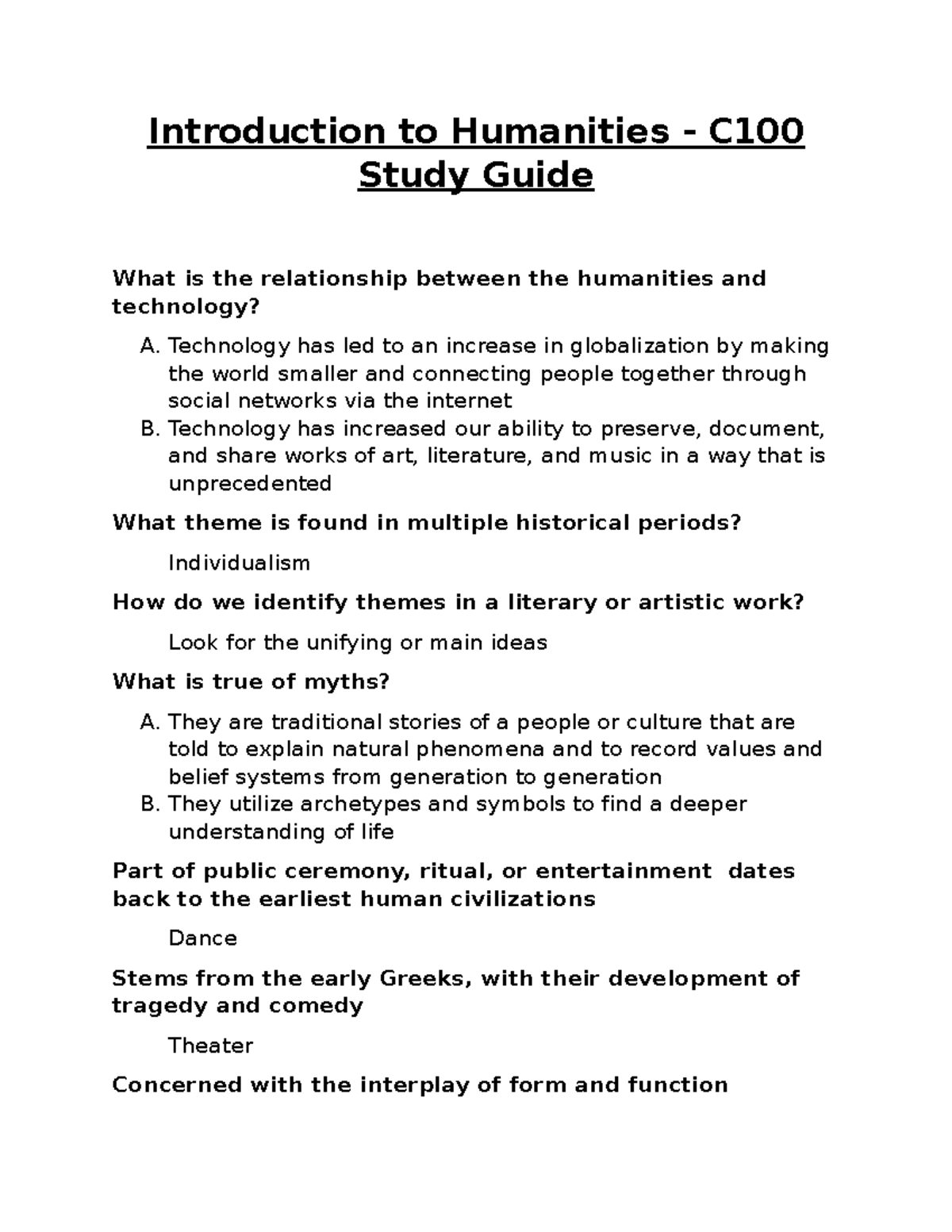Katie Kitamura, the acclaimed author known for her thought-provoking narratives, has made waves with her latest novel, “Audition,” recently published. As she prepares for her visit to the Harvard Humanities Center, listeners can expect her insights on themes of performance in literature, an area she navigates masterfully throughout her works. Inspired by elements of horror, Kitamura weaves a chilling yet insightful tapestry of family dynamics and personal identity, igniting conversations about the complexities of human relationships. Her previous novels, including the highly praised “Intimacies,” showcase her distinct style that captures the tensions of modern existence. In a recent Katie Kitamura interview, she sheds light on her creative process and the influences that shape her writing, establishing her as a pivotal voice in contemporary fiction.
In the world of literary exploration, few authors have delved into the intricacies of human emotion and experience as skillfully as Katie Kitamura. Her fresh release, “Audition,” offers a compelling blend of psychological depth and genre elements, particularly drawing from horror inspirations that examine the unsettling aspects of midlife. During her engagement with audiences at the Harvard Humanities Center, Kitamura will discuss her perspectives on how performance permeates our lives, echoing throughout her body of work. The conversation is poised to reveal how she utilizes the lens of literature to reflect on societal dynamics, privacy, and the nuances of interpersonal connections. This thematic exploration resonates with readers and critics alike, affirming Kitamura’s significant role in shaping the literary landscape.
Katie Kitamura’s Exploration of Performance in ‘Audition’
In her latest novel ‘Audition,’ author Katie Kitamura delves deeply into the subtleties of performance, a theme that has echoed throughout her body of work. The title itself suggests a multifaceted approach to identity and interaction, with the central character being an actress who navigates the complexities of family dynamics and societal expectations. This narrative not only addresses the inherent malleability of personal identity but also poses questions about authenticity in relationships. As Kitamura reveals, the act of performing can be both a natural expression and a source of alienation, illustrating that our roles shift as we interact with those around us.
Kitamura identifies the fine line where performance becomes unsettling; the moments when roles begin to crack expose vulnerabilities not typically shared in personal interactions. This unsettling quality underscores the psychological undertones of her work, portraying characters whose identities may feel distorted—as if they are strangers within their own homes. By interweaving her fascination with performance into the plot, Kitamura invites readers to reflect on their own interactions and how much of their true selves they reveal to those close to them, making ‘Audition’ resonate with a sense of eerie familiarity.
The Influence of Horror on ‘Audition’
Horror serves as a compelling backdrop in ‘Audition,’ where Katie Kitamura skillfully intertwines elements of suspense with themes of motherhood and urban existence. Drawing inspiration from classics like ‘Rosemary’s Baby,’ Kitamura crafts a narrative that evokes both tension and emotional depth. The portrayal of a confined space—the family apartment—mirrors the protagonist’s psychological claustrophobia, enhancing the story’s unsettling aura. This clever use of horror not only heightens the stakes for the characters but also allows for a more profound exploration of their psyches, revealing how fear can manifest in mundane circumstances.
Moreover, Kitamura’s focus on horror highlights the uncanny reality of contemporary life, especially in the wake of global events that have shaped our perceptions of safety and normalcy. The underlying anxiety in ‘Audition’ reflects broader societal fears, making the novel timely and relevant. As the reader journeys through the protagonist’s mind, they confront the darker aspects of familial love and the unsettling nature of secrets, ultimately suggesting that true horror lies not just in the supernatural but also in the quiet revelations of everyday life.
The Role of Privacy in Personal Relationships
A recurring theme in Katie Kitamura’s work is the interplay between performance and privacy, particularly in how it affects interpersonal relationships. In ‘Audition,’ Kitamura posits that while transparency is often idealized in partnerships, the reality is that a certain degree of privacy is essential for genuine connection. She articulates this concept through her characters, whose complexities are often obscured by the roles they play not only in public but within their intimate relationships. This raises pertinent questions about the necessity of maintaining boundaries and the potential discomfort that comes with revealing too much of ourselves to others.
Kitamura’s insights draw attention to the inherent tension in relationships where the line between closeness and distance is constantly recalibrated. Her exploration encourages readers to reflect on their own lives—how much they are willing to share, and what remains hidden. As the novel unfolds, the characters navigate the precarious balance between connection and solitude, emphasizing that true companionship often thrives within the spaces we choose to keep private. This nuanced portrayal offers a poignant commentary on the nature of intimacy in a world increasingly focused on exposure and self-disclosure.
Literature and Its Power in Modern Society
In an age where technology continually shifts our modes of communication, Katie Kitamura remains a staunch advocate for the power of literature. During her discussions, she emphasizes that writing fiction is more crucial now than ever, especially in light of the societal challenges we face. The act of crafting stories allows both the writer and the reader to engage with complex realities, fostering empathy and understanding. Kitamura’s belief in the transformative potential of literature suggests that it serves not only as an escape but as a means to confront uncomfortable truths about our culture and ourselves.
Kitamura points out the alarming trend of book bans and censorship, underscoring the perceived threat that literature poses to oppressive systems. This highlights the importance of voice and representation in narratives. By writing fiction, authors like Kitamura challenge prevailing norms and envision new possibilities for society. She encourages her students and readers alike to engage rigorously with texts, suggesting that literature can illuminate paths toward social change and individual enlightenment, reinforcing the idea that stories are not just for entertainment but crucial tools for connection and resistance.
Katie Kitamura’s Literary Journey: From ‘A Separation’ to ‘Audition’
Katie Kitamura’s evolution as a novelist is marked by her keen ability to blend genres and subvert traditional storytelling. Her earlier work, ‘A Separation,’ was approached as a mystery, while ‘Intimacies’ took on the weighty themes of justice within the framework of a courtroom drama. With ‘Audition,’ Kitamura expands her narrative scope to include elements of horror, displaying her versatility and willingness to explore the darker facets of human experience. Each novel reflects her growth as a writer, revealing the complexities of her characters and the intricacies of their lives.
This progression illustrates her interest in how various genres can illuminate different aspects of truth and human emotion. Kitamura’s deliberate choice to incorporate horror into her storytelling framework serves to heighten the intensity of her character’s experiences. As she balances suspense, intimacy, and existential dread, she crafts a narrative that is both entertaining and thought-provoking, pushing readers to question their own perceptions of normalcy and fear in their everyday lives.
The Intersection of Literature and Performance Art
Katie Kitamura’s literary work often embraces the principles of performance art, a context in which the audience becomes an integral part of the experience. Her exploration of how individuals embody various roles within their lives mirrors the fluidity found in performance. By drawing parallels between acting and writing, Kitamura examines how narratives are constructed not just on the page but through the lived experiences of her characters. This intersection emphasizes the importance of observation and interpretation in understanding both literature and human behavior.
Through her works, Kitamura encourages readers to engage critically with the characters’ performances, questioning the authenticity and motives behind their actions. Each narrative decision highlights the nuances of social interaction, inviting the audience to reflect on their own performance in life. This interplay reinforces the idea that storytelling is not merely an act of creation but a collaborative experience that resonates differently with each individual, enriching the reader’s understanding of the human condition.
Cultural Reflections in ‘Audition’: A Pandemic Lens
The pandemic has altered many aspects of life, and Katie Kitamura’s ‘Audition’ subtly reflects these changes, even if not explicitly depicted through masks or virus narratives. Written during the global crisis, the novel encapsulates the feelings of confinement, isolation, and familial tension that have become all too familiar to many. Readers can discern the pandemic’s lingering influence in the narrative’s atmosphere, facilitating a commentary on how circumstances shape personal relationships and individual identities during unpredictable times.
Kitamura’s ability to weave the essence of contemporary societal anxieties into her fiction enhances the story’s resonance, making it relatable to a wide audience. By focusing on the intricate dynamics within a family caught in a small apartment, she evokes the sense of claustrophobia and emotional strain that comes from living in close quarters—a reality faced by countless families during lockdowns. This exploration not only accentuates the physical constraints but also highlights emotional vulnerabilities, offering a profound lens through which to understand modern life.
The Importance of Teaching Writing in Today’s Context
As a seasoned educator at New York University, Katie Kitamura emphasizes the vital role that teaching writing plays in shaping thoughtful, engaged communities. In tumultuous times, the ability to articulate thoughts clearly and persuasively becomes increasingly crucial. Kitamura inspires her students to see fiction as a means of both personal expression and social critique. By fostering a love of language, she instills in her students the confidence to confront challenges through their writing, positioning them not just as creators but as equipped thinkers in a complex world.
Kitamura’s insistence on the relevance of literature in today’s society speaks to the broader value of humanities education. By teaching students to harness the power of stories, she cultivates a generation capable of empathy and insightful analysis. This educational foundation empowers them to navigate a world rife with misinformation and division. In emphasizing the importance of writing, Kitamura champions the arts as a necessary means for individual empowerment and collective understanding.
Understanding Horror through Literature with Katie Kitamura
Katie Kitamura’s approach to horror in literature transcends mere entertainment, instead serving as a profound exploration of what frightens us at our core. Her work invites readers to confront the psychological nuances of fear, particularly as it relates to familial relationships and self-identity. By utilizing horror as a thematic device, Kitamura fosters a sense of discomfort that compels us to question our perceptions of normalcy and the unseen tensions within our lives. This enables a deeper understanding of the intricate layers of human experience.
Moreover, Kitamura’s insights into horror speak to a broader cultural commentary, reflecting societal anxieties that often lurk beneath the surface. As she deftly weaves elements of horror into her narratives, it becomes clear that these moments of tension often mirror real-life horrors we face, from isolation to self-doubt. Through her literary lens, horror is not just a genre but a way to engage with the fears that shape our lives, ultimately encouraging readers to confront their own vulnerabilities and the realities they often avoid.
Frequently Asked Questions
What are the themes explored by Katie Kitamura in her novel ‘Audition’?
In ‘Audition’, Katie Kitamura explores themes of performance in literature, identity, and the unsettling nature of personal relationships. The novel delves into the complexities of middle-age life, revealing how familial and social dynamics can distort our perceptions of ourselves and others.
How did the pandemic influence Katie Kitamura’s writing of ‘Audition’?
Katie Kitamura wrote ‘Audition’ during the pandemic, which unconsciously infused the narrative with a sense of claustrophobia and familial tension. Despite the absence of overt pandemic references in the novel, the themes of confinement and interpersonal strain reflect the emotional atmosphere of that period.
What inspired Katie Kitamura’s horror elements in ‘Audition’?
In ‘Audition’, Katie Kitamura draws inspiration from classic horror literature, particularly Ira Levin’s ‘Rosemary’s Baby’. She seeks to evoke unsettling feelings through her characters’ experiences, exploring themes of motherhood and trust within the context of a seemingly normal family life.
How does Katie Kitamura address the concept of privacy in relationships in her work?
Katie Kitamura emphasizes the importance of privacy in relationships throughout her work, particularly in ‘Audition’. She argues that perfect disclosure is a myth and that maintaining some degree of personal privacy is essential for healthy connections between individuals.
What role does performance play in Katie Kitamura’s writing and teaching?
Performance is a central theme in Katie Kitamura’s writing, particularly in ‘Audition’, where she examines how people adapt their identities in various contexts. As a teacher at New York University, she conveys the significance of understanding these performances as essential to human interaction and storytelling.
Why does Katie Kitamura believe fiction remains important in contemporary society?
Katie Kitamura argues that fiction is crucial for understanding and envisioning new realities, especially in challenging times. She emphasizes that literature has the power to challenge authority and provoke thought, making it an essential tool for connection and social commentary.
What can readers expect from Katie Kitamura’s writing style in ‘Audition’?
Readers can expect Katie Kitamura’s writing in ‘Audition’ to be taut and engaging, with a focus on intricate character development and psychological depth. Her prose reflects a keen awareness of language and the subtleties of human interaction, aligning with her background in performance studies.
What is the significance of Katie Kitamura’s participation in literary events like the Harvard Humanities Center discussions?
Katie Kitamura’s participation in events such as the Harvard Humanities Center discussions highlights her role as a thought leader in contemporary literature. These discussions provide a platform for exploring her ideas on performance, narrative structure, and her insights into the horror genre, benefiting both readers and aspiring writers.
| Key Points | Details |
|---|---|
| Katie Kitamura’s Latest Work | Audition, exploring themes of family, middle age, and horror elements. |
| Setting and Context | The novel reflects a pandemic-like atmosphere, focusing on family dynamics and confinement in a small apartment. |
| Performance and Identity | The theme of performance highlights the adaptability of identity in relationships and the fear of truly knowing one another. |
| Literature’s Importance | In a world fraught with crisis, Kitamura emphasizes the power of fiction to reflect and reshape reality. |
| Literary Career | Kitamura is notable for her previous works, including Intimacies, and has recently been awarded a Guggenheim Fellowship. |
Summary
Katie Kitamura’s insights remind us of the significance of literature at a time when it feels more crucial than ever. Her latest novel, “Audition,” not only delves into the complexities of family life and identity but also captures the eerie and uncanny elements that can surface in our closest relationships. By blending themes of horror and the everyday, Kitamura shows us how fiction can reflect the intricacies of our realities while simultaneously challenging us to envision new possibilities. As she continues to inspire both readers and aspiring writers, her contributions underscore the enduring power of storytelling.



